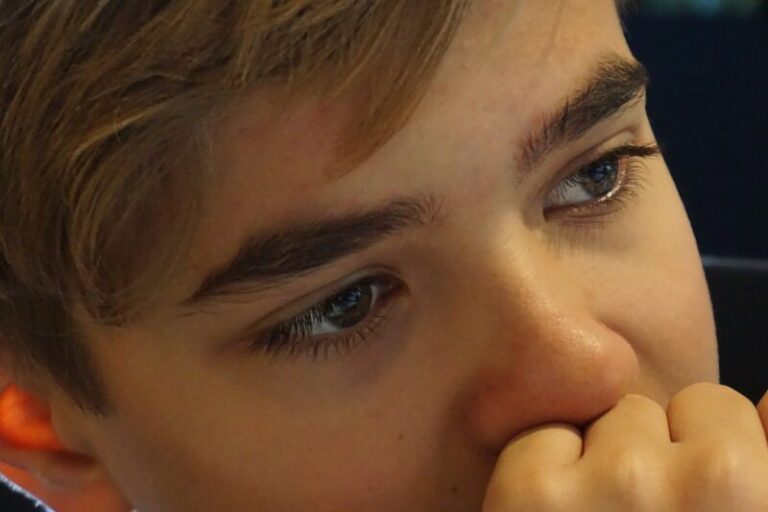
Challenges with social skills and communication
Children who struggle with social communication may not fully comprehend or pick up on social cues. Social cues, such as our facial expressions, body language, voice pitch and tone, how we stand etc., are an essential part of how we communicate, along with words. While some children, who face challenges with social skills, on the other hand, may misread or not pay attention to these details, thus missing out on the entire meaning. For example, someone may say something as a joke or with sarcasm, but the child might interpret it literally. Some others may fail to pick up on the emotion behind a statement. For example, a friend may say ‘I don’t want to play today’. But a child with a learning disability or ADHD may interpret it as ‘they do not want to play with me’, may ask repeatedly, or may even get angry with the friend; not realising they may not be in the mood to play at that point of time.
Children who have difficulties with executive function, such as those with learning disabilities or ADHD, may comprehend social cues but have trouble paying attention or organising and prioritising stimuli to respond. For example, if a classmate is whispering something to them, they may ignore what the teacher is saying and instead start talking to the classmate. Or those who are impulsive may tend to react quickly or interrupt even before the other person has finished speaking. These children may struggle with self-regulation, i.e. knowing when and how to respond, forming an appropriate response that is not hurtful or disrespectful, and managing their behaviour.
Some children, particularly those with dyslexia, may even have trouble retrieving the right words or following multi-step directions and, therefore, may not always have the most appropriate response. They may be particularly good at comprehending and following social cues but may take the time in expressing themselves appropriately.